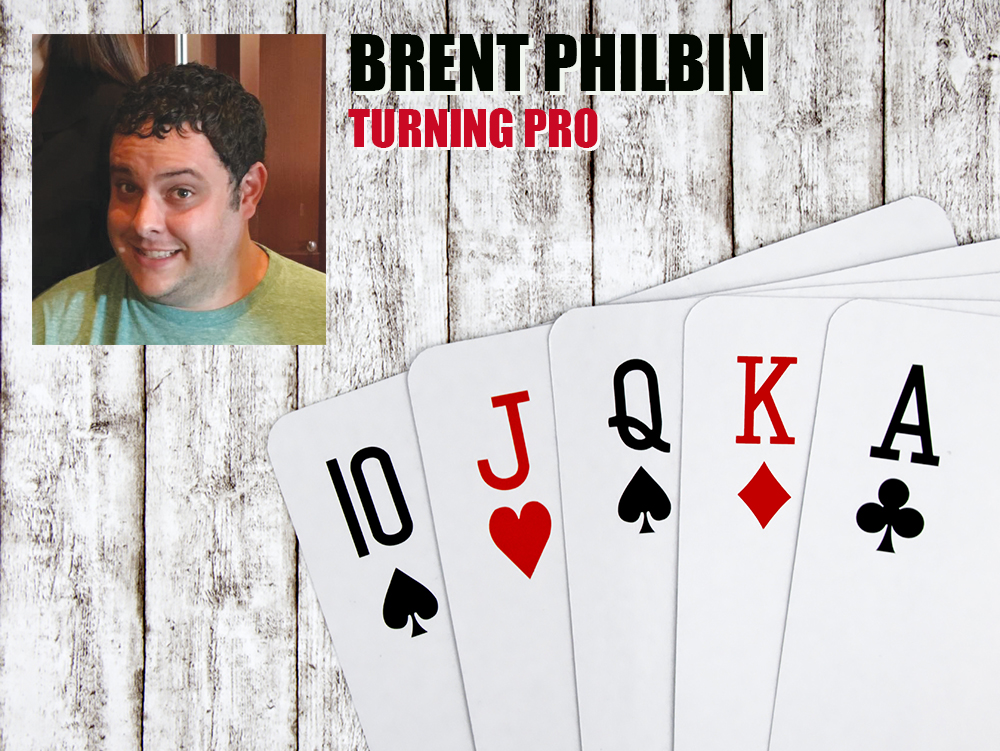There’s a fine line between discussing hands and bad-beat stories. Too often you’ll have a friend ask you for some advice on a hand and it amounts to telling a long bad-beat story of how their aces lost to kings. That doesn’t help anyone, but used properly hand histories can be helpful to your game.
DISCUSS HANDS YOU WON AND LOST: Too often you’ll generally discuss strategy on hands you lose, because those feel like you played them the worst.
There are two things that happen here when you change if you won or lost a hand: First, the person helping you won’t know the outcome of the hand and can give you advice without bias.
Second, it helps you examine all of your hands. You might make a catastrophic mistake and still win a hand. This is worse than making a mistake and losing.
There’s a chance it becomes a part of your game for good and turns into a leak.
SEEK ADVICE, NOT VALIDATION: Too often I’ll see players fall for this trap.
They’ll ask for advice on a hand and then as we walk through the hand I disagree with their decisions. Instead of debating those disagreements, they move on to other parts of the hand until we agree on a play.
Don’t fall for this trap. If you’re looking for someone to agree with you on how you played, you and the person you asked are doing your game a disservice. As a rule in poker, and in life, negative feedback is most important. Most people are afraid to give it, so when someone does offer constructive criticism, you need to take it to heart.
ONLY A SITH DEALS IN ABSOLUTES: There isn’t always a clear play, so you should be careful of dealing in absolutes. “I never go all-in there” or “I never call there” aren’t accurate in all circumstances.
Many times the correct way to discuss a hand is something like this: “The best play most of the time is to fold, but definitely some of the time you should be shoving all-in to resteal and calling is rarely, if ever, correct.”
Ranking the decisions you make in a hand is a better exercise for well-balanced play.
Finally, only discuss hands with people who engage with you on a level that elevates both of your games.
If someone is constantly trying to make themselves look smarter than you or is looking for you to agree with them, neither of you is getting anything out of that arrangement.
— Brent Philbin is a poker pro who lives in South Florida. You can reach him at BrentPhilbin@gmail.com.



